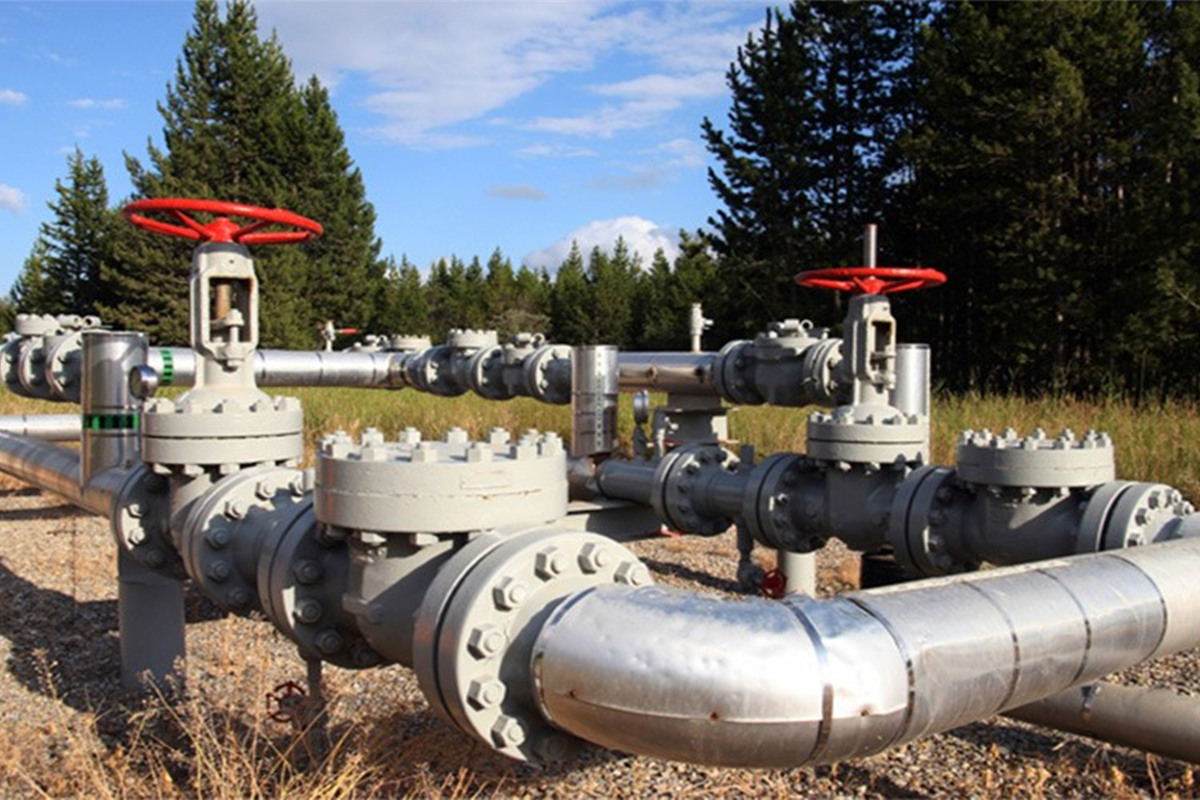With the price of oil at an all-time low, end-users are looking for ways to increase the life of their industrial valves. These methods include proper installation and valve selection. A poorly installed valve can cause the valve to fail sooner than it should, meaning a higher replacement cost.
Keep in mind that industrial valves are not the same as domestic ones. Domestic valves are small, easy to operate by hand, and rarely need to be repaired. On the other hand, industrial valves are used to regulate the flow of chemicals, gases, and slurries.
The process of valve selection and maintenance can greatly extend the lifespan of a valve. Proper selection and maintenance of these valves can save a company a significant amount of money.
If you want to extend the lifespan of industrial valves, here are the nine ways by which you can do it.
9 Ways to Extend the Service Life of Industrial Valves
- Understand Valves(click here to learn more)
You may have noticed that the lifespan of your industrial valves has been shrinking. In order to extend their service life, you should make sure that you’ve chosen the right valve for your application. However, you can also help them last longer by following some maintenance and cleaning tips. Read on to discover more.
- Proper Installation
Understanding industrial valves are critical to extending their service life. In addition to understanding their performance, extending the life of these assets also requires a proper maintenance plan. In addition to understanding the design and materials used to manufacture these valves, you should also understand their function and how to properly install them to increase their service life.
To maximize the service life of your industrial valves, ensure proper installation and maintenance. While valves will eventually require replacement, proper installation and maintenance can extend the lifespan of your valves and save you significant amounts of money. In order to ensure proper installation, you should learn about the different types of valves and the various uses that each type has.
- Right Valve Selection
Industrial valves are vital to the proper functioning of many fluid systems. Proper valve selection can allow operators to control flow rates, protect the system from overpressure, and more. It is important to choose the right valve for the right media. Fortunately, there are many simple tips to ensure proper valve selection. Once you know the right valve selection, you’ll be well on your way to extended service life and optimal performance.
- Coat Them
There are three key methods to increase the service life of industrial valves: coating, hard-facing, and electroplating. Hard-facing coatings are applied by various welding processes, and they are applied at relatively thick layers. High abrasion resistance requires relatively high hard-facing layer thickness. The coating helps to improve the lifespan of the valve.
- Clean Them
To prolong the life and serviceability of your valves, you need to regularly clean them. Cleaning should be done at least once a year or if necessary. If the valves are located in dirty plant areas, it is better to clean them before installation. This way, you can avoid any contamination that may happen. In addition, you can extend the life of your valves and improve production.
- Preventive Maintenance
Performing proper preventive maintenance of industrial valves is essential to extending their life. Unlike other equipment, valves are not visible, which makes it difficult to detect valve problems. Because valve mechanisms are enclosed, wear and corrosion may not be visible but can compromise the integrity of products and processes. Fortunately, preventive maintenance service programs can be outsourced to qualified technicians who have more experience and training in valve repair and maintenance.
- Regular Checkups
Whether you’re replacing valves in a plant or a single device, regular checks and maintenance can help you get the most from your equipment. According to manufacturers, you should change valves every six months or three months if they’re being used heavily. Regular inspections will reveal any leaks, cracks, or damaged parts and may prompt repairs. Regular lubrication may also help prolong the life of your industrial valves.
- Field Machining
Field Machining can be performed to repair or rebuild damaged industrial valve components. Most maintenance and repair cases involve surfacing operations on flanges. In some cases, streaks are required to grip the gasket. Gate valves, for example, require machining on their sealing surfaces and bolt working surfaces. This service increases the durability of the valve components and lowers maintenance costs.
- Right Material
Another thing you can do to improve the lifespan of an industrial valve is to choose the right valve material. If you use a high-quality metal valve, it will last for a long time. However, if you buy a cheap plastic valve, it will not last for a long time.










